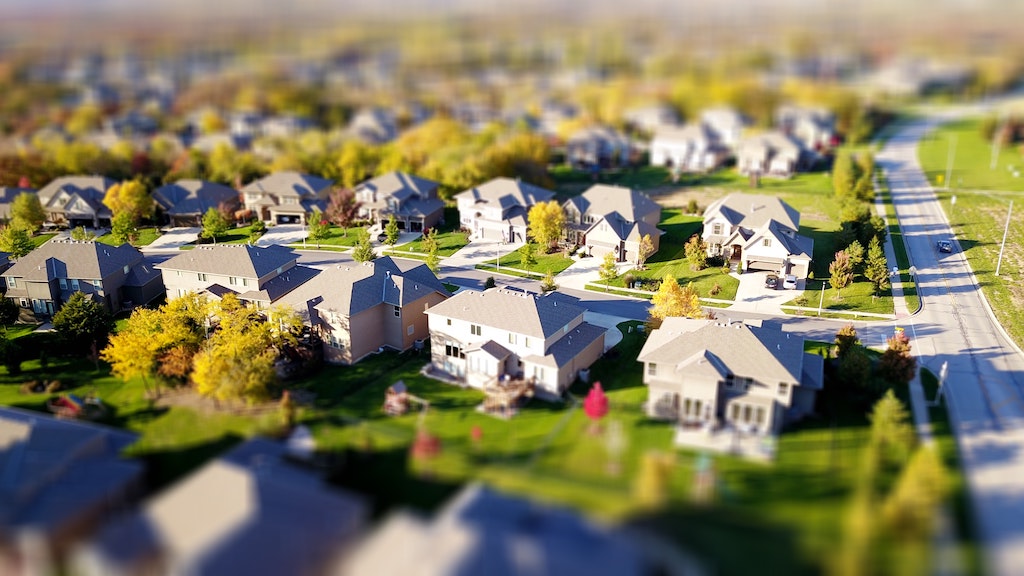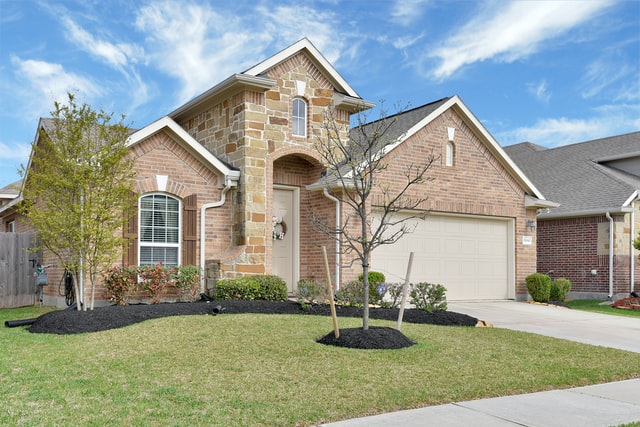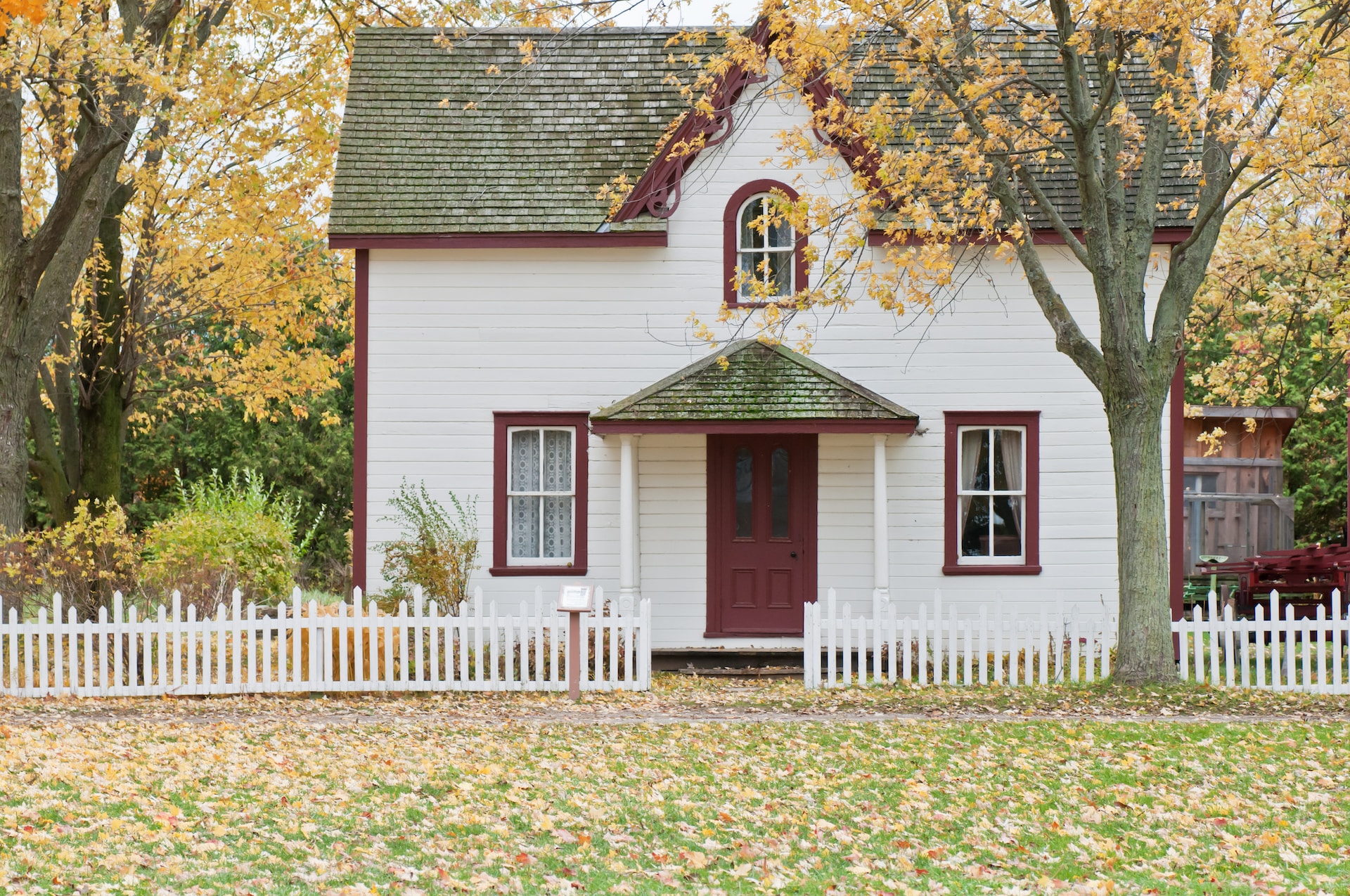The dream of home ownership comes bundled with another layer of complexity: Homeowners Associations (HOAs). These entities are designed to maintain the aesthetics and functionality of residential communities, but their impact can extend beyond the surface, affecting even your homeowner’s insurance choices. This article explores the relationship between HOAs and homeowners insurance, exploring the nuances, benefits, and potential pitfalls.
Understanding Homeowners Associations (HOAs) and their role
HOAs act as a bridge between residents, fostering a sense of unity while ensuring the harmonious development and preservation of the neighborhood.
- Enforcement of rules and regulations: One of the primary functions of HOAs is to establish and enforce a set of rules, regulations, and guidelines that contribute to the community’s overall well-being. These rules often encompass various topics, from architectural standards and landscaping requirements to noise restrictions and pet policies.
- Caretakers of common areas and shared amenities: HOAs oversee and manage the upkeep of common areas and shared amenities. These can include parks, swimming pools, clubhouses, and even private streets within the community.
- Upholding aesthetic standards: HOAs often uphold a particular aesthetic standard for the community, which extends to architectural design, landscaping, and exterior appearances. This commitment to visual consistency is rooted in the understanding that a uniform and attractive neighborhood can significantly impact property values.
- Community building and engagement: HOAs create a close-knit community by organizing events, social gatherings, and neighborhood initiatives. These activities foster connections among residents, leading to a greater sense of belonging and mutual support.
- Providing shared resources: Another significant role of HOAs is to provide shared resources that individual homeowners might find challenging to manage independently. This includes services such as trash collection, landscaping maintenance, and security measures. By pooling resources, HOAs can often negotiate better service deals and ensure that the community benefits from cost-effective solutions.
- Navigating disputes: Conflicts can arise in any community. HOAs are equipped to address these issues through their established guidelines and dispute resolution processes, playing a crucial role in mediating conflicts and finding resolutions that benefit all parties involved.
Impact of HOAs on homeowners insurance
HOAs can significantly influence homeowners insurance costs and policy terms.
How HOAs influence home insurance costs
- Community characteristics: The characteristics of your HOA-governed community can impact your insurance costs. Gated communities or those with security measures might have lower insurance premiums due to reduced risk of theft or vandalism.
- Shared facilities: Some HOA communities provide shared amenities like swimming pools, tennis courts, or gyms. These facilities can influence your insurance costs as they may increase liability coverage requirements in case of accidents.
- Building codes and maintenance: HOAs often enforce strict building codes and maintenance standards. Compliance with these standards can reduce the risk of damage to your home, potentially leading to lower insurance premiums.
- Fire protection: The proximity of your home to fire departments and the effectiveness of the local fire protection services, which your HOA may influence, can affect insurance rates, particularly in areas prone to wildfires.
Policy adjustments due to HOA regulations
- Coverage requirements: HOAs may have specific insurance coverage requirements for homeowners. These requirements can include minimum liability coverage and additional coverage for shared community areas or structures. Ensure that your insurance policy aligns with these requirements.
- Deductible considerations: Your HOA’s policies might dictate who is responsible for specific types of damage. For example, the HOA may cover external structural damage, while you’re responsible for interior damage. Make sure your insurance policy’s deductible and coverage align with these responsibilities.
- Additional endorsements: Depending on your HOA’s regulations, you may need additional endorsements or riders to your policy. For instance, if your HOA is responsible for maintaining the exterior of your home, you might need a special endorsement for “walls-in” coverage.
Common scenarios: Home insurance claims and HOAs
- Structural damage: In cases of structural damage to your home, it’s essential to clarify whether the HOA or your homeowners insurance should cover the repairs. The HOA typically handles common areas, while homeowners are responsible for their individual properties.
- Liability claims: If someone is injured on your property or within the community’s shared areas, there can be a dispute between your insurance and the HOA’s insurance about who is liable.
- Natural disasters: When natural disasters, such as hurricanes or earthquakes, occur, the responsibility for damage may depend on your HOA’s policies. Some HOAs have master policies covering certain damage to community structures, while homeowners are responsible for their personal property.
- HOA assessments: In some cases, HOAs may levy special assessments on homeowners to cover unexpected expenses, like repairs or lawsuits. Understanding how your insurance may or may not cover these assessments is important in managing your financial responsibilities.
HOA rules and insurance requirements
HOA rules and regulations serve as the compass guiding the collective journey toward a harmonious community. These guidelines not only shape the aesthetics and conduct of the neighborhood but also directly impact homeowners’ decisions, including their choices for homeowners insurance. The interplay between HOA rules and insurance requirements introduces a delicate balancing act that homeowners must master to ensure personal protection and seamless integration within the community fabric.
Influence of HOA rules on insurance decisions
HOAs have the authority to set rules and requirements beyond the confines of physical appearance and neighborly behavior. When it comes to homeowners insurance, many HOAs mandate specific levels of coverage to ensure that all residents are adequately protected against potential risks. This proactive approach aligns with maintaining a secure and cohesive living environment.
Mandated coverage for individual units
One common expression of HOA rules in insurance is the requirement for homeowners to maintain a certain level of coverage for their units. This stipulation is not arbitrary; rather, it stems from the understanding that an adequately insured homeowner contributes to the overall stability of the community. Such mandates ensure that in the face of unexpected events, like fires or floods, individual homeowners are equipped with the means to recover and rebuild without imposing undue burdens on the community.
Avoiding conflicts and navigating expectations
Understanding and adhering to HOA insurance requirements is important to avoid conflicts and potential legal issues. The rules established by the HOA reflect a collective agreement forged among residents to foster a specific quality of life and uphold property values. Deviating from these requirements could disrupt this and lead to friction among neighbors or even legal action by the HOA.
Balancing personal choices with community mandates
While HOA rules and insurance requirements provide a vital framework, homeowners still retain some degree of flexibility in their insurance choices. These decisions often involve balancing meeting the community’s insurance standards and tailoring coverage to personal needs. A careful examination of the HOA’s guidelines and a candid conversation with insurance professionals can assist homeowners in striking this equilibrium. Homeowners Associations play a multifaceted role in shaping the living experience within a community. While their primary goal is to create a harmonious environment, their influence extends into homeowners insurance considerations. By being informed, proactive, and engaged with your HOA, you can enjoy the benefits of communal living while safeguarding your investment. Remember, understanding and collaboration are the key to a successful homeowner-HOA relationship.




